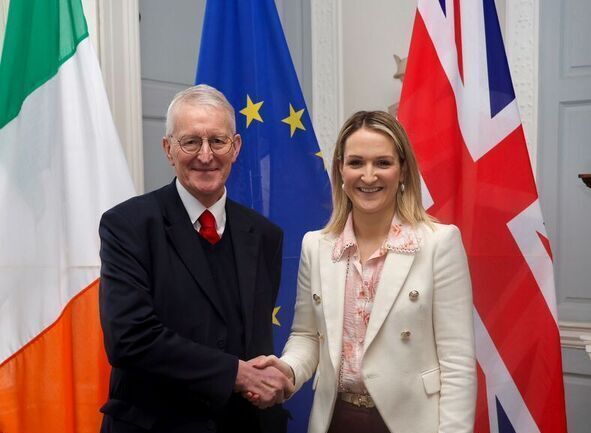Creating jobs and slashing unemployment is the only true way to measure the success of Ireland's multi-billion Euro bailout, one of the architects of the plan has claimed.
A report card following the third economic review since the initial rescue (revised last week in Ireland's favor) gave finance minister Michael Noonan full marks but cautioned that next year's budget savings of between €3.6 to €4 billion may be even harder to find.
A team from the International Monetary Fund and Europe Monetary Fund also criticized rating agency Moody's for recently dumping Ireland's credit value into the "junk" category. Ajai Chopra, deputy director in the IMF European division, said Ireland needed to be judged on its merits and not on the possibility of a wider contagion crisis in Europe.
"Rating agencies have got it wrong on the upside. It's naturally possible they are getting it wrong on the downside by overestimating risks," he said.
European chiefs and the Irish Government declared the Moody's rating - given two days before the report card was published - "incomprehensible."
The Irish government's response to the full marks delegation was "so far, so good" but Mr. Noonan again suggested that next year's budget would be even tougher than previous years as further savings would be squeezed out of less.
Mr. Chopra warned the true measure of the success of the loans would be job creation.
"The adjustment to the boom that took place in the mid-2000s in Ireland has been very wrenching and has resulted in very high unemployment, it's still unacceptably high," he said.
"We think it is very important, and they do as well, that the poor and most vulnerable segments of society do need to be protected."
The urgency with regard to creating jobs, meanwhile, has been highlighted by a survey revealing that 45 percent, or 585,000 adults in Ireland, do not see a future for themselves in the country.
The survey, conducted for the Irish League of Credit Unions, also reveals that the number of those who don't have enough each month to cover essential bills has gone up by 70,000 since March, while about 1.2 million people have less disposable income left after paying their bills than this time last year.
The survey found that 806,000 people in Ireland now feel they are living to work, as opposed to working to live.










